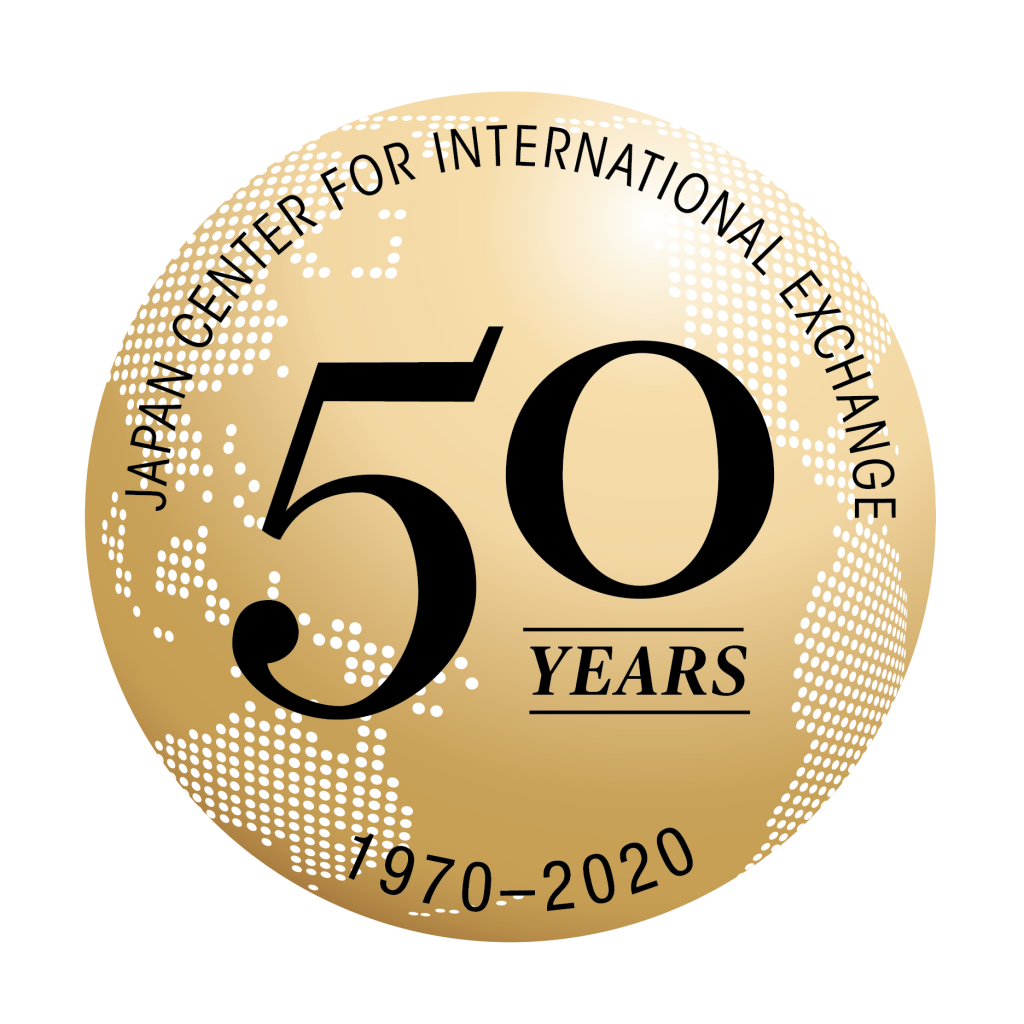JCIE History
THE FIRST 50 YEARS
In 1970, the Japan Center for International Exchange (JCIE) was established in Tokyo as one of the first independent international affairs institutes in Japan. Its sister organization, JCIE/USA, was launched in New York five years later as an American nonprofit organization.
At the time in Japan, the concept of a nongovernmental institution independent of government or business control becoming active in foreign policy and international political exchange was considered revolutionary. The organization was founded by 34-year old Tadashi Yamamoto, who earlier, during his studies in the United States, had been inspired by the activism and call to duty of John F. Kennedy and Martin Luther King Jr., and sought to bring that sense of hope for a more peaceful international order to Japan’s relations with the United States and the world. Yamamoto led JCIE until his death in 2012, growing it into one of the country’s most prominent international affairs institutes. Read More…
a sampling of JCIE's accomplishments to date
Many more have participated in JCIE's conferences, roundtables, study missions, and other events.
Noteworthy MILESTONES
1967
1st Shimoda Conference
The Japan Council for International Understanding (JCIU)—the predecessor of JCIE—cosponsors the 1st Japanese-American Assembly (the Shimoda Conference), the first regular private dialogue between senior Japanese and American leaders. The programs are organized by a young JCIU employee, Tadashi Yamamoto.
1968
Launch of US-Japan Parliamentary Exchange Program
JCIU brings a delegation of seven Congressmen to Japan. The program is now the longest-running parliamentary exchange program between the two countries, having engaged around 300 parliamentarians to date.
1970
JCIE officially established
Tadashi Yamamoto resigns from JCIU to establish the Japan Center for International Exchange (JCIE) in Tokyo.
JCIE assumes responsibility for the Shimoda Conference, parliamentary exchanges, and other JCIU program.
1975
JCIE/USA founded in New York
JCIE creates an independent, nonprofit organization in the US to focus on US-Japan ties.
1979
Established Asian Community Trust
Modeled on community foundations in the United States, the ACT became Japan's first charitable trust based on general fundraising.
1979 and 1983
US-Japan Advisory Commission “Wisemen’s Groups”
Launched by President Jimmy Carter and Prime Minister Masayoshi and again President Reagan and Prime Minister Nakasone, both with JCIE as its secretariat
1982
US Congressional Staff Exchange Program created
1985
1st UK-Japan 2000 Group Conference
1988
100th American travels to Japan on the US-Japan Young Political Leaders Exchange
A program for emerging local legislators and political leaders
1997
Japan 1st Donor Advised Fund
With funding from Levi Strauss & Co., JCIE created a donor advised fund to help Japanese organizations working on HIV/AIDS and social justice
2004
JCIE/USA awarded Foreign Minister’s Commendation
For contributions to US-Japan relations
2004
Friends of the Global Fund to Fight AIDS, Tuberculosis and Malaria, Japan (FGFJ) created
To encourage Japan's contribution to the battle against the deadly diseases
2008
JCIE Global Health Working Group
Helps shapes the agenda for G8 Toyako Summit
2011
Japan NGO Earthquake Relief & Recovery Fund created to assist in 3/11 recovery
Channels US donations to 40+ Japanese nonprofit organizations
2017
Launch of US-Japan Women Leaders Dialogue
As part of a new program to empower women leaders

